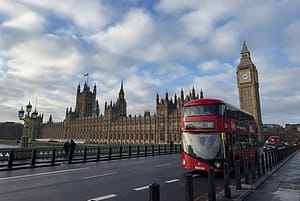Amid concerns from investors that it is too easy for companies to list in London, the FTSE Group is considering whether to introduce a 25 per cent minimum threshold for stocks that are freely traded on the market.
The consultation was launched last month after Russian companies such as gold producer Polyus Gold, Indian resources company Essar Energy and Mexican gold and silver miner Fresnillo entered the FTSE100 with small free floats.
Under current rules, companies can be included in the series if at least 15 per cent of their shares are free to be traded. However, firms with a market capitalisation of more than $5bn (£3.1bn) can have a free float as low as 5 per cent.
- LSE’s £450m deal to take control of FTSE
- Evraz shares soar after London listing
58 per cent of those consulted (banks, investors, advisors) by the FTSE Group are in favour of a strict 25 per cent minimum free float requirement, according to figures seen by the Sunday Times.
If the 25 per cent rule is imposed, Glencore, Eurasian Natural Resources Corporation, Ferrexpo, Evraz, Fresnillo and Essar Energy would have to increase their free floats or leave the index.
Critics argue that if FTSE Group goes ahead with the changes it will force large companies to list elsewhere and make London a second-tier market.
“This is something that we have been considering for a while, however it has added impetus right now given the trend for, mainly Russian, resources companies seeking a UK incorporation,” Chris Woods, head of index governance and policy at FTSE Group, told Reuters last month.
Ownership of Russian firms tends to be concentrated among two or three powerful individuals. However, the new rule will facilitate a greater free float improving a stock’s liquidity and ensuring a more diverse shareholder base.
“The concern is that if the free float is particularly small, the ability of minority shareholders to assert their rights is going to be minimal,” said George Dallas, head of corporate governance at asset manager F&C.
The Association of British Insurers, whose members own 20 per cent of the UK stock market, is worried as to whether the new rule would effectively work in a way that best represents the interests of ultimate savers and investors in the equity markets.





Leave a Comment